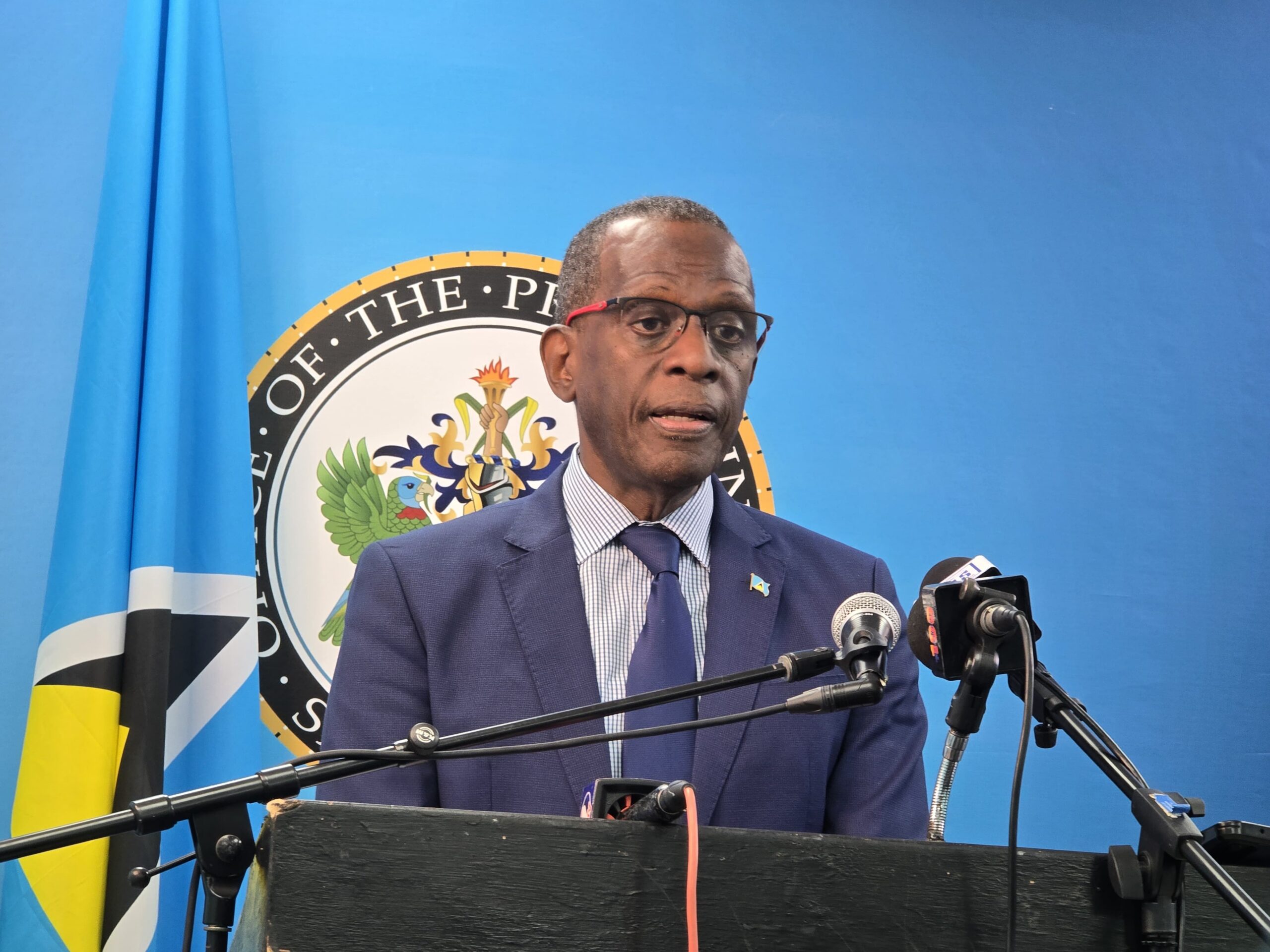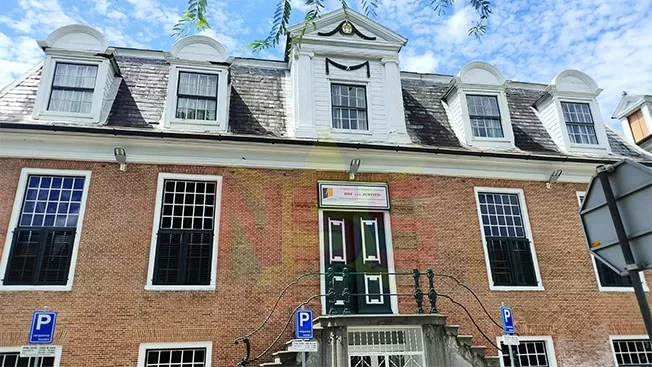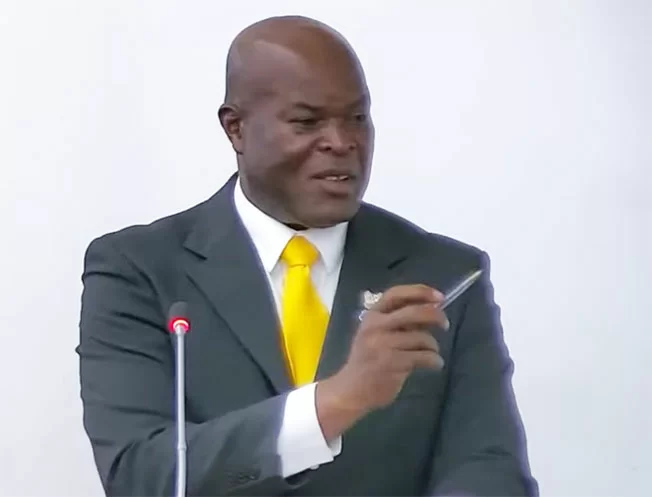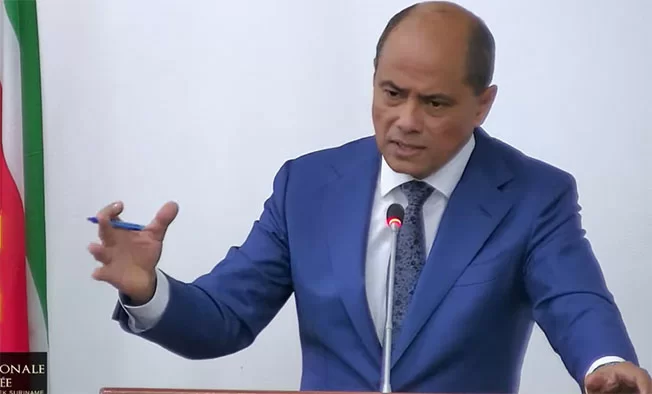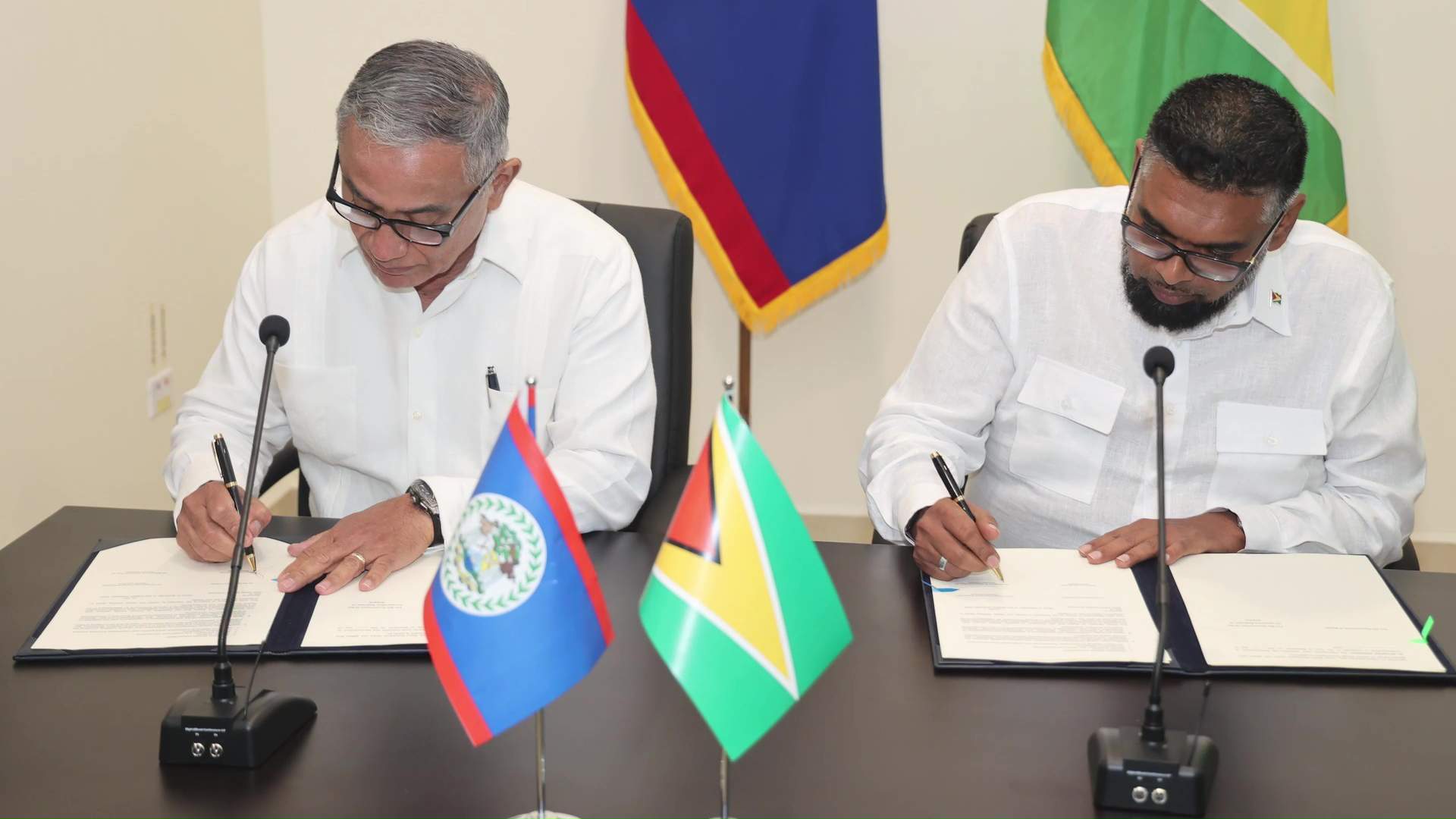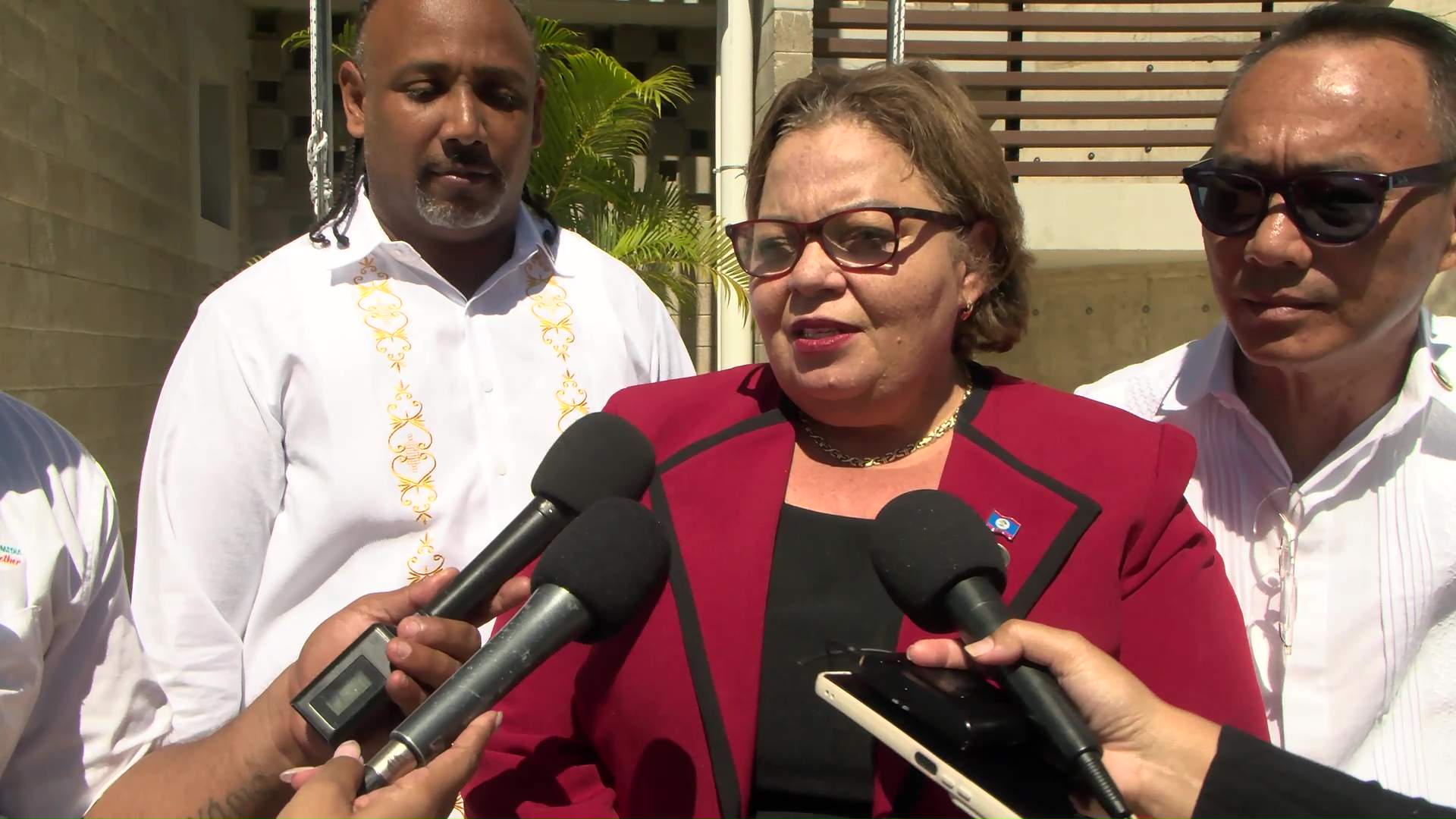A severe water crisis plaguing the All Saints West constituency has been framed as symptomatic of broader national governance failures by United Progressive Party representative Harold Lovell. In a recent radio address, the political caretaker delineated a pattern of systemic neglect characterized by inadequate planning, dismissal of local expertise, and fragmented utility management strategies.
Lovell reported that residents endure highly irregular water access, often limited to mere hours at a time, coupled with concerning quality issues when supply resumes. These chronic shortages persist despite substantial financial allocations and repeated governmental assurances of resolution.
The core of the crisis, according to Lovell, stems from deficient long-term planning and a disjointed approach to water management. He criticized the administration’s predominant focus on expanding desalination capabilities while critically overlooking essential storage and distribution infrastructure. This imbalanced strategy has resulted in costly yet ineffective solutions that fail to address fundamental operational constraints.
A significant concern raised was the systematic marginalization of seasoned local engineers and water specialists possessing invaluable institutional knowledge. Lovell emphasized that these professionals hold intricate understanding of pipeline networks and system dynamics, yet their expertise remains conspicuously absent from policy decisions.
The current approach was described as piecemeal, with new treatment facilities constructed without corresponding upgrades to storage capacity or distribution channels. Notably, previously built storage installations have remained non-operational for extended periods despite persistent supply shortages.
Lovell advocated for developing a comprehensive, expertise-driven water management plan incorporating local knowledge supplemented by international specialists where necessary. He stressed that only through integrated, long-term strategies can sustainable water security be achieved, moving beyond temporary fixes that perpetuate reliability issues.

